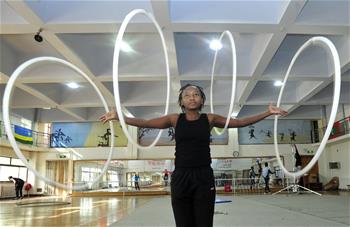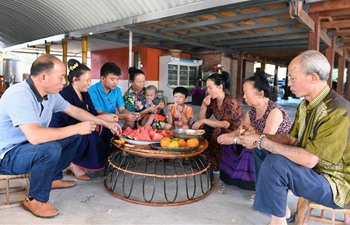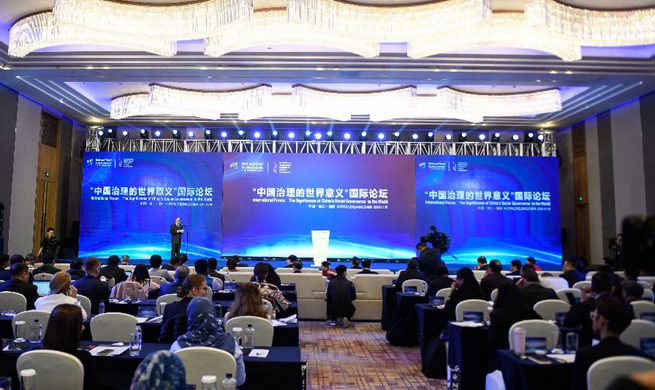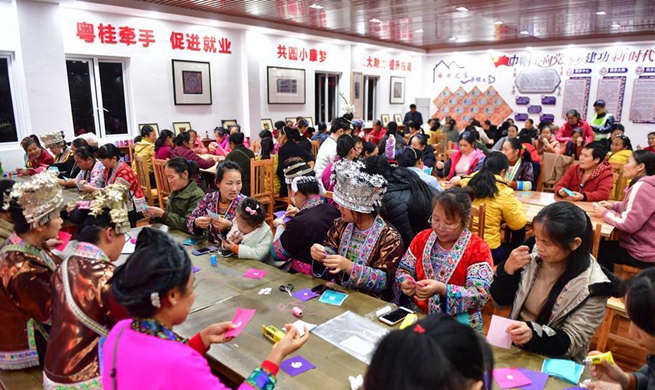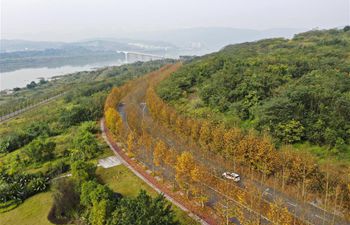GENEVA, Nov. 19 (Xinhua) -- The least developed countries (LDCs) should assign more external aid to their national development priorities, especially to economic structural transformation, the United Nations Conference on Trade and Development (UNCTAD) suggested on Tuesday in a report.
According to the Least Developed Countries Report 2019, the economic structural transformation, understood as "the transfer of productive resources from activities and sectors of low productivity to those of higher productivity", plays a crucial role as an enabler of sustainable development.
"For LDCs to attain the Sustainable Development Goals and escape aid dependency, they need external finance that is targeted at the structural transformation of their economies," said UNCTAD Secretary-General Mukhisa Kituyi.
According to the report, the developing world has access to a new aid architecture, with a wider array of external finance sources, but this situation has resulted in more complexity and opacity for the most impoverished nations.
"Critically, the linkages between external development finance and national development priorities are weakening," said Rolf Traeger, chief of UNCTAD's LDC section.
Moreover, this funding diversity has not translated into meaningful increases in development finance from all sources, noted the report.
The sectoral composition of the official development assistance (ODA) continues to be biased towards social sectors, which absorb 45 percent of total aid, compared to economic infrastructure and production sectors, which receive only 14 percent and 8 percent respectively.
There are currently 47 countries on the UN's list of LDCs which is reviewed every three years.






